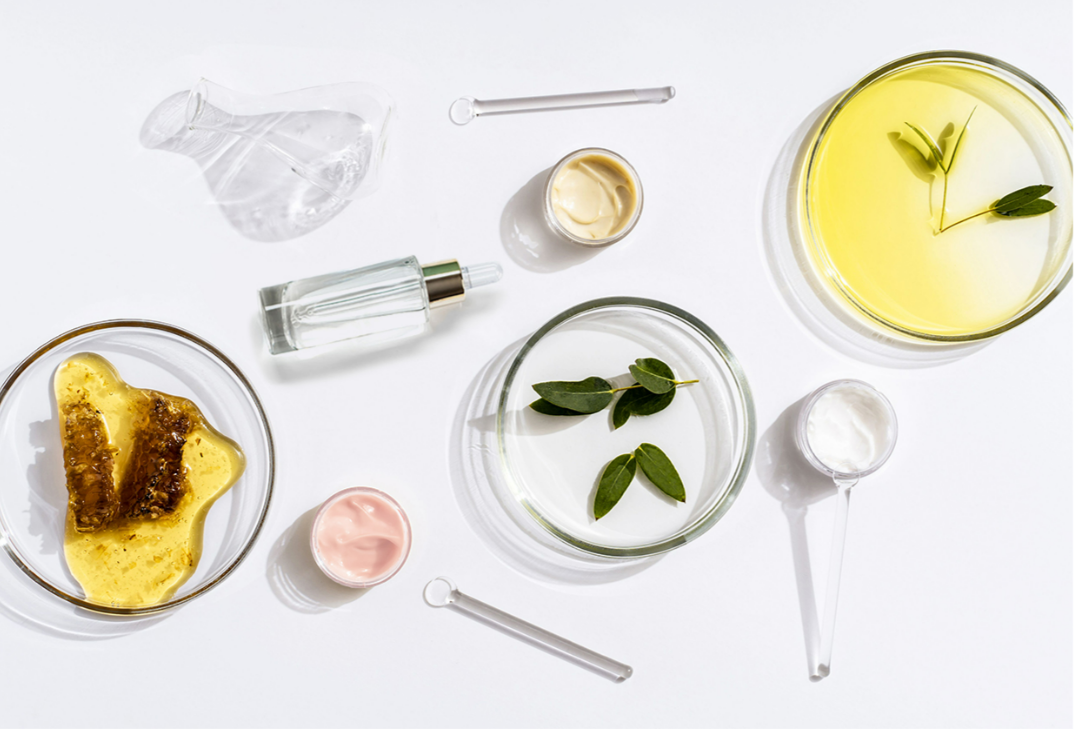Inventory of anti-aging ingredients (additives)
Peptides, also known as peptides, are a type of compound composed of 2-16 amino acids connected by peptide bonds. Compared to proteins, peptides have a smaller molecular weight and simpler structure. Usually classified based on the number of amino acids contained in a single molecule, it is often divided into short peptides (2-5 amino acids) and peptides (6-16 amino acids).
According to their mechanism of action, peptides can be divided into signaling peptides, neurotransmitter inhibitory peptides, carrier peptides, and others.
Common signal peptides include acetyl hexapeptide-8, palmitoyl pentapeptide-3, palmitoyl tripeptide-1, palmitoyl hexapeptide-5, hexapeptide-9, and nutmeg pentapeptide-11.
Common neurotransmitter inhibitory peptides include acetyl hexapeptide-8, acetyl octapeptide-3, pentapeptide-3, dipeptide-2, etc.
Carrier peptides are a class of protein molecules with specific functions that can bind to other molecules and mediate their entry into cells. In living organisms, carrier peptides typically bind to signaling molecules, enzymes, hormones, etc., thereby regulating intracellular signaling and metabolic processes.
Other common peptides include hexapeptide-10, palmitoyl tetrapeptide-7, L-carnosine, acetyl tetrapeptide-5, tetrapeptide-30, nonapeptide-1, nutmeg hexapeptide-16, etc.
Vitamins
Vitamins are essential organic substances for sustaining life. Adding certain vitamins and their derivatives to cosmetics has anti-aging effects. Common anti-aging vitamins include vitamin A, niacinamide, vitamin E, etc.
Vitamin A includes two active subtypes: retinol (retinol) and retinol (retinue and retinoic acid), with the most basic form being vitamin A (also known as retinol)
Vitamin E is a fat soluble compound that inhibits continuous oxidative reactions occurring inside and outside the cell membrane by preventing oxidative chain reactions. However, because vitamin E is easily oxidized, its derivatives such as vitamin E acetate, vitamin E nicotinate, and vitamin E linoleic acid are commonly used in practice.
growth factor
Acidic components
Other anti-aging ingredients
Of course, well-known anti-aging ingredients in skincare products include collagen, β – glucan, allantoin, hyaluronic acid, spore lysate of bifidobacteria fermentation, centella asiatica, adenosine, idebenone, superoxide dismutase (SOD), coenzyme Q10, etc
